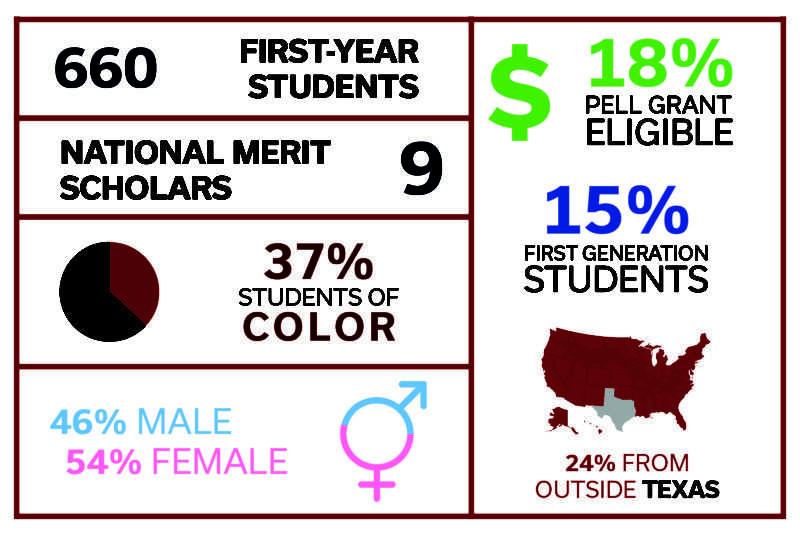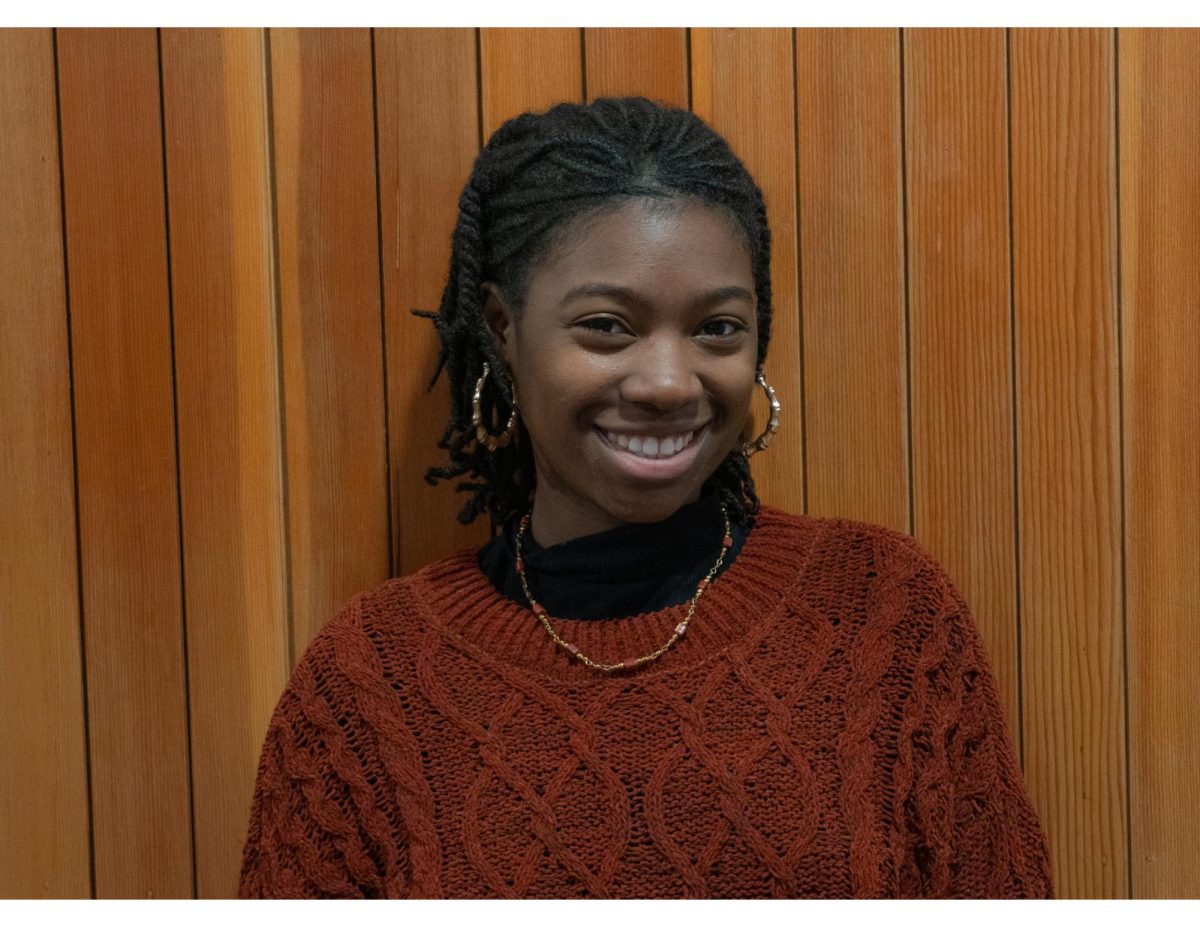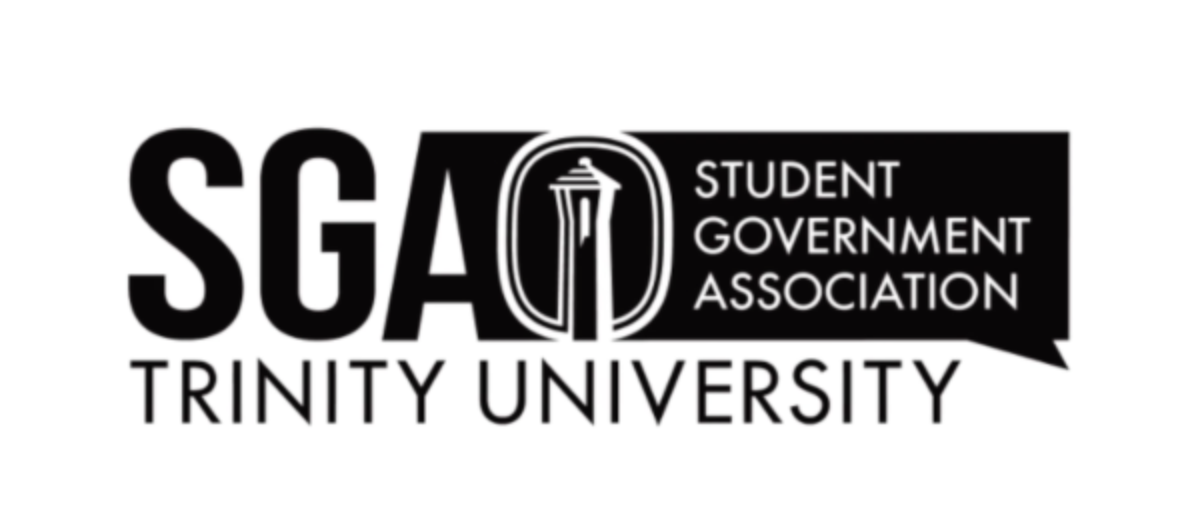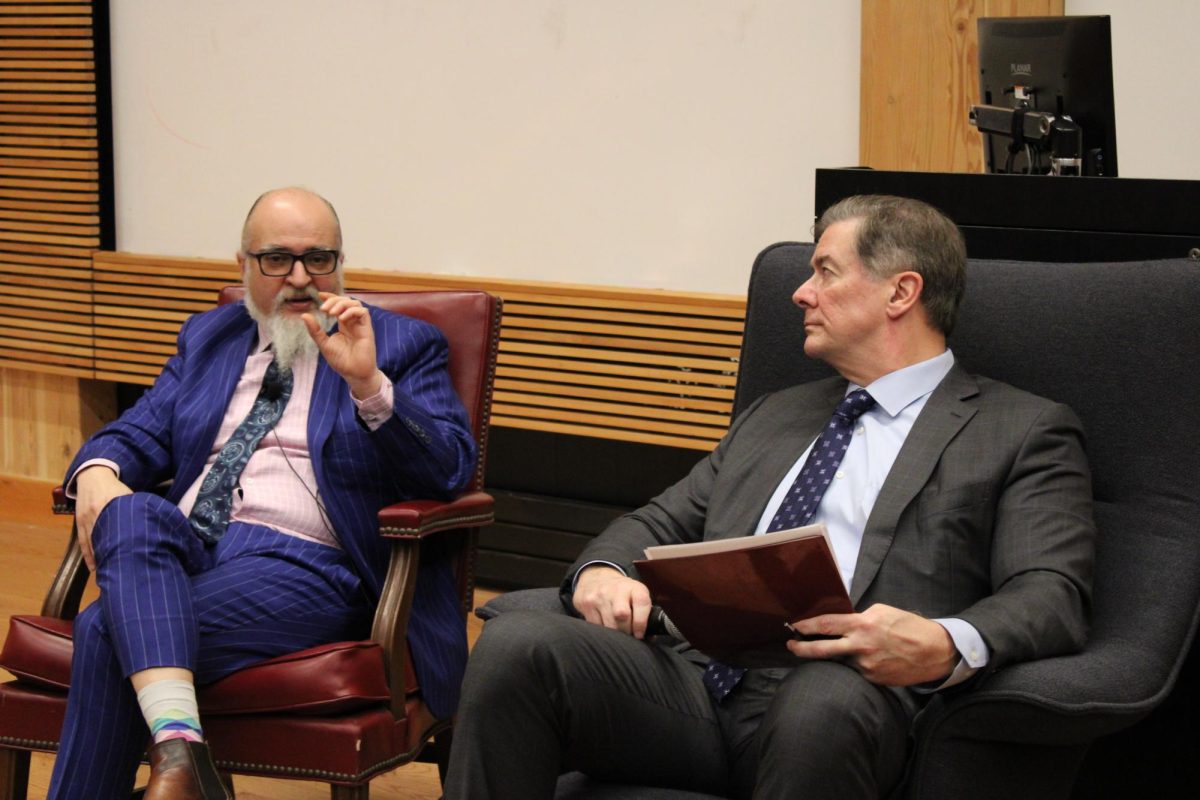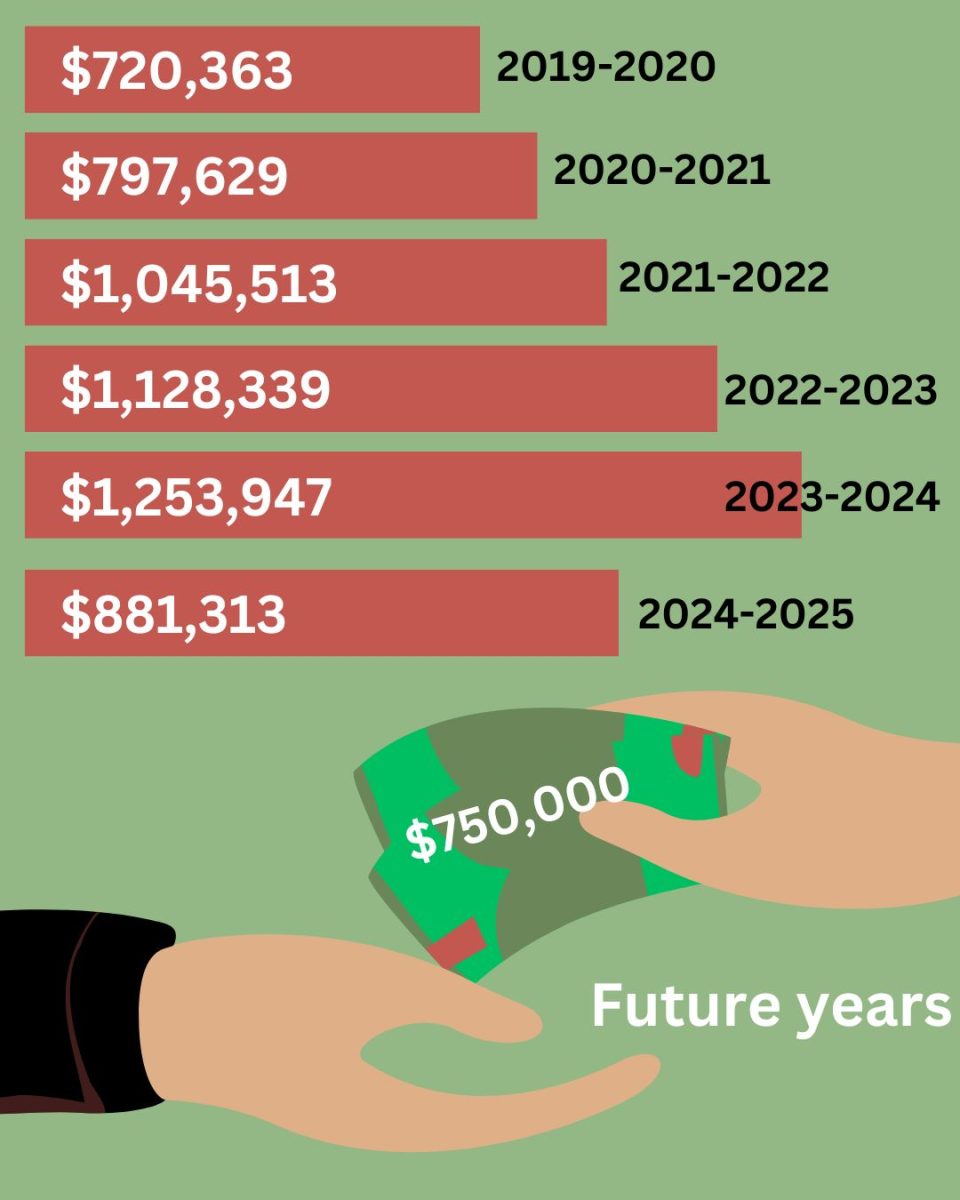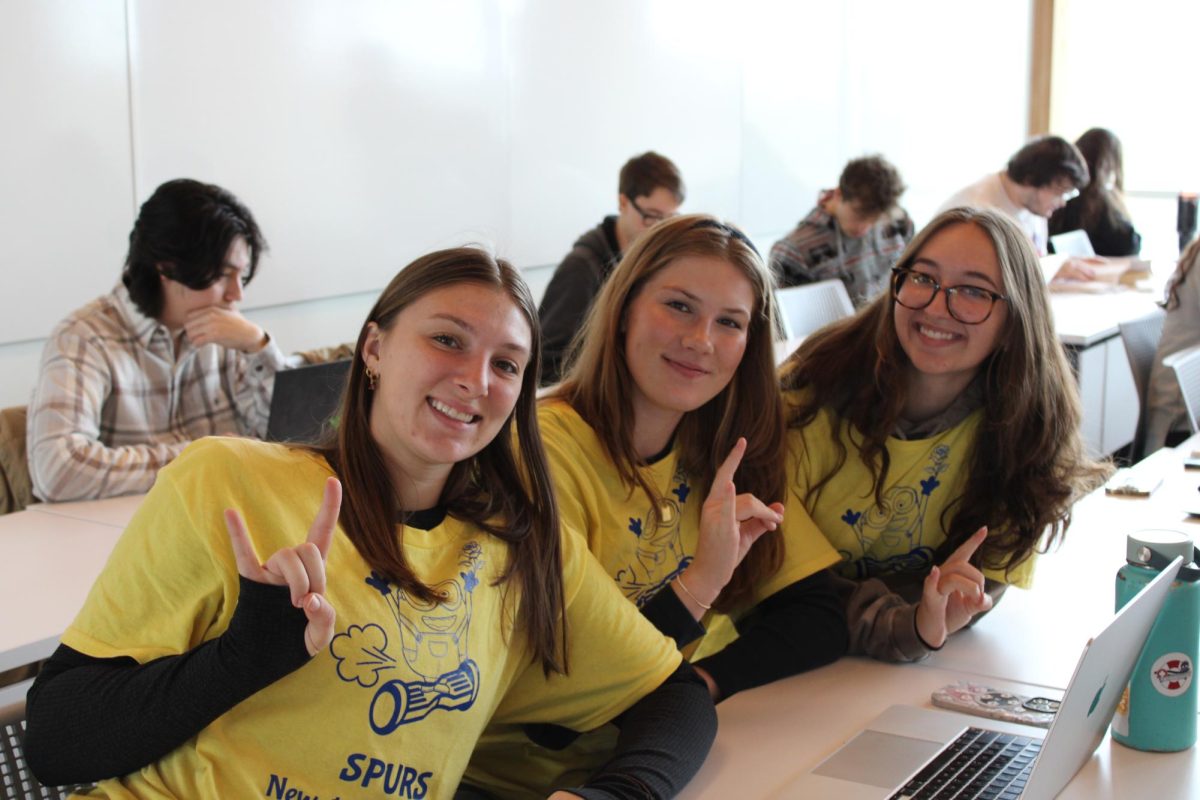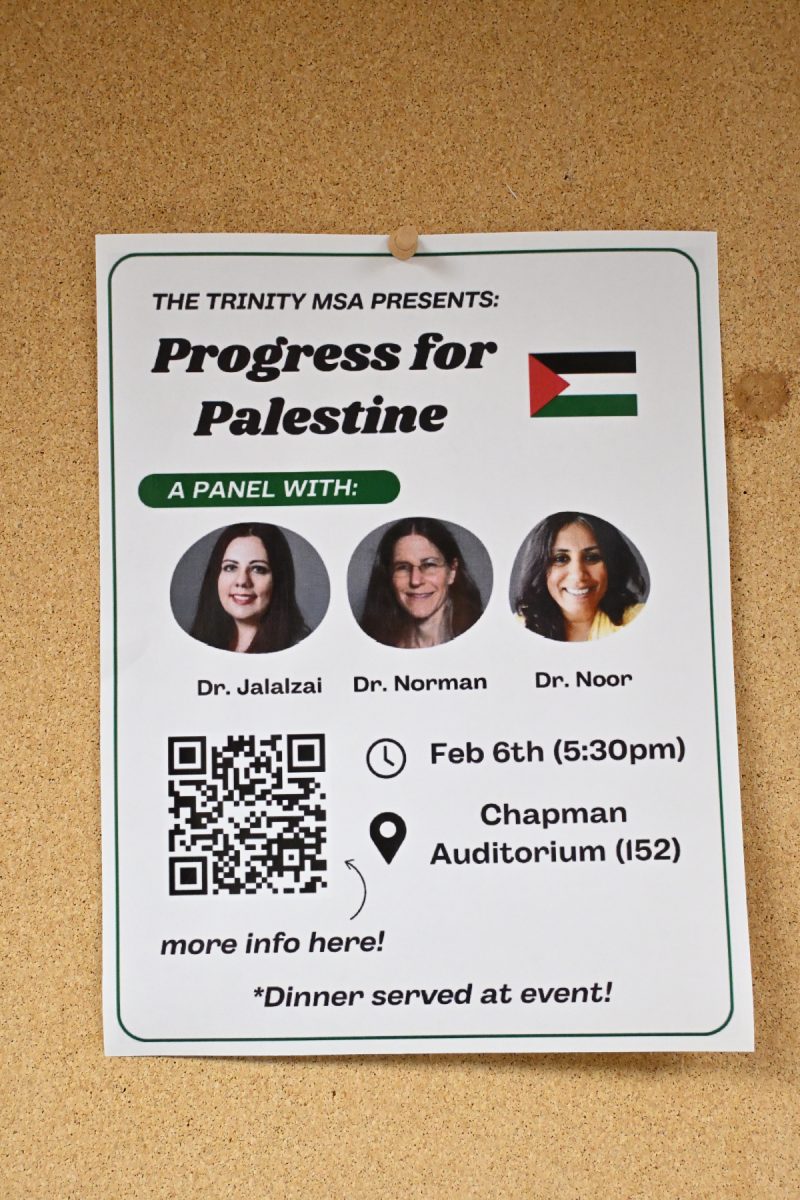Today, Trinity University will welcome one of the largest first-year classes in recent history.
In an email sent to the Trinity Community, Danny Anderson, Trinity president, introduced the incoming class of about 660 first-year students.
“Through Trinity’s campus visit programs for prospective students, I have already had the opportunity to meet many of these students and their families. I am impressed with the quality of their preparation, their intellect and focus and their eagerness for opportunities to discover, grow and become a “˜Tiger at Heart,'” Anderson said in the infromative email.
One of the distinguishing features of the incoming first-year class is the academic aptitude of its students compared to the students of previous years.
“The academic quality of the class of 2020 is extraordinary as measured by standardized test scores, grade point averages and class ranks – stronger than any incoming class,” Anderson said.
On top of being one of the largest classes on record, it is also one of the most diverse classes due to Trinity’s commitment to increasing the diversity of the student body.
“Trinity is committed to enrolling students from diverse backgrounds and perspectives in order to create a community that behaves and looks like the world our students are entering,” Anderson said.
According to the email, more than 37 percent of the entering class are students of color and 15 percent are first-generation college students. Further, almost 54 percent of the incoming class are female.
Students in the incoming first-year class also have extremely diverse interests, from entrepreneurship to figure skating to roller derby to volunteering.
Despite the success of the enrollment for the class of 2020, the large class does pose some problems for campus. Residential Life has had to find space for all of the first years to live.
“We’re squeezing space wherever we possibly can,” said Lisa Chapa, housing assignment coordinator for Residential Life. “We have seventeen rooms in the first year area that are triples.”
As well as creating triple rooms, the lounge in James H. Calvert Hall was converted into a quad room.
“When they remodeled Calvert, they had it like if they needed to drop a wall and turn those back into bedrooms. They left it that way intentionally. So we didn’t drop a wall, we didn’t have time, so we just made it a big quad,” Chapa said.
The need for room space has been one of the few challenges for the administration.
“The biggest issue is getting people into the residence halls comfortably and so I know they’ve had to let some people off campus to create some space, which isn’t necessarily a negative thing. I know that the people who do have a third roommate are people who indicated interest in being in that position,” said David Tuttle, dean of students at Trinity.
Department chairs, especially those in the sciences and technology, are preparing for the influx of first years.
“We’re hoping for nothing too startling. We did have a very big class two years ago and we, as the physics department serve physics majors and engineering majors, and to some extent pre-med students. So a large first-year class can stress our two sections of intro to mechanics,” said Dennis Ugolini, department chair of physics.
Other departments are less anxious about fitting all of the students in a section.
“It just so happens, for somewhat unrelated reasons, we’ve done some modification to our schedule so that we do have extra sections this year, which I’m very confident will handle any kind of un-expected surge of students, but that’s just luck that it worked out that way,” said Paul Myers, department chair of computer science. “Otherwise, we would really have to do some major tweaking of the schedule to add, say, another section of our intro course.”
Professors are in agreement about accommodating a large first-year class.
“We really don’t ever want to turn students away,” Myers said.
Despite some of these challenges, the administration views the class of 2020 as a positive asset to the university.
“While it could put a strain in the classroom and other things, we feel like we offer a great experience here for our students. If twenty or thirty more students get to experience that, that’s fantastic to me. I mean, it’s just more really good students at a really good place. I think in two weeks nobody will notice there are more people are here,” Tuttle said.

